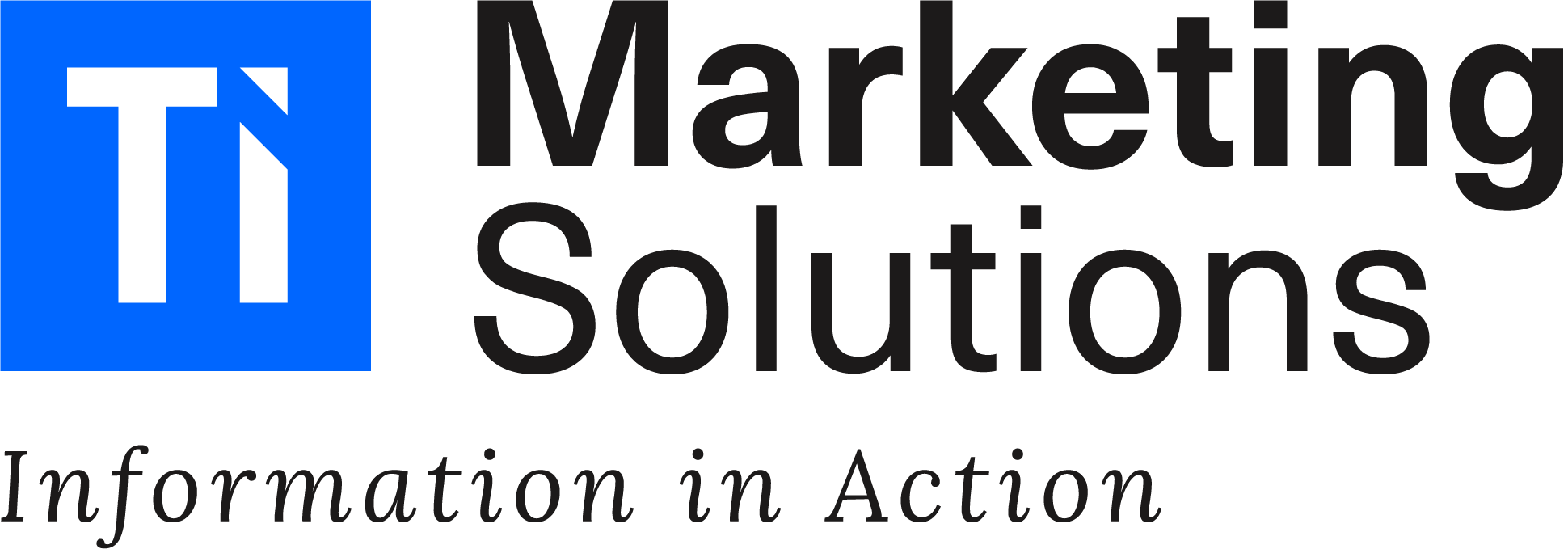It’s been well documented that, since the 2008 financial crisis, productivity in the UK has stagnated, failing to regain the upward momentum that once fuelled economic prosperity.
Despite advances in technology, the anticipated growth in workplace efficiency has not materialised. However, the tide may be turning with the emergence of artificial intelligence. According to a widely published report by Workday, AI has the potential to unlock an astounding £119 billion in annual productivity across UK enterprises.
But as promising as AI is, it’s crucial to recognise that it is not a silver bullet. AI can significantly enhance productivity, but business leaders must approach its adoption with a comprehensive, responsible strateg
Empowerment not replacement
There is a common misconception that AI will lead to widespread job losses, replacing human workers with machines but AI should be viewed as a productivity enhancer rather than a job eliminator.
In the same way Microsoft tools have become indispensable in modern workplaces, AI can take over mundane, repetitive tasks, freeing up employees to focus on more meaningful, impactful work. This shift allows workers to engage in activities that require creativity, problem-solving, and human interaction — areas where AI cannot compete.
The UK’s productivity gap — 24% lower than it would have been if pre-2008 trends had continued — highlights the need for innovative solutions. AI presents a unique opportunity to close this gap by automating routine processes, reducing errors, and enabling faster decision-making. However, to realise this potential, AI must be integrated thoughtfully into the workplace, with an emphasis on enhancing human capabilities rather than replacing them.
While the potential of AI is clear, its adoption has been slow, primarily due to concerns over safety, privacy, and bias. These fears are not unfounded, as the deployment of AI in business processes comes with risks that need to be carefully managed.
Trust in AI is critical for its successful implementation. Employees and business leaders alike need to be confident that AI systems are reliable, transparent, and aligned with business goals.
To build this trust, businesses must prioritise responsible AI strategies. This involves more than just implementing the latest technologies; it requires a commitment to transparency, explainability, and continuous education. Employees should be well-informed about how AI systems work, what data they use, and how decisions are made. This transparency is key to dispelling fears and ensuring that AI is seen as a supportive tool rather than a threat.
Leadership-drive AI
AI alone is not enough to drive the productivity gains the UK needs. Business leaders must take a proactive role in guiding their organisations through the AI revolution. This starts with a clear analysis of the specific efficiencies AI can deliver and the development of a transparent strategy for its adoption. Leaders must also address the cultural barriers to AI integration, such as resistance to change and lack of trust.
Five best practices to protect your data privacy while using Gen AI
Moreover, employee motivation and engagement are critical to unlocking the full potential of AI. Unengaged employees are the biggest barrier to productivity. By leveraging AI to handle routine tasks, employees can focus on work that is more fulfilling and aligned with their skills, leading to higher engagement and, ultimately, greater productivity.
The UK stands on the brink of a significant productivity shift, with AI poised to play a central role. However, AI should not be viewed as a panacea. It is a powerful tool that can enhance productivity, but it must be implemented alongside thoughtful leadership, clear communication, and a commitment to building trust. By approaching AI adoption responsibly, businesses can not only improve productivity but also create a more motivated and engaged workforce. This balanced approach will be key to navigating the future of work and ensuring that AI serves as an enhancer, not a replacement, of human potential.




